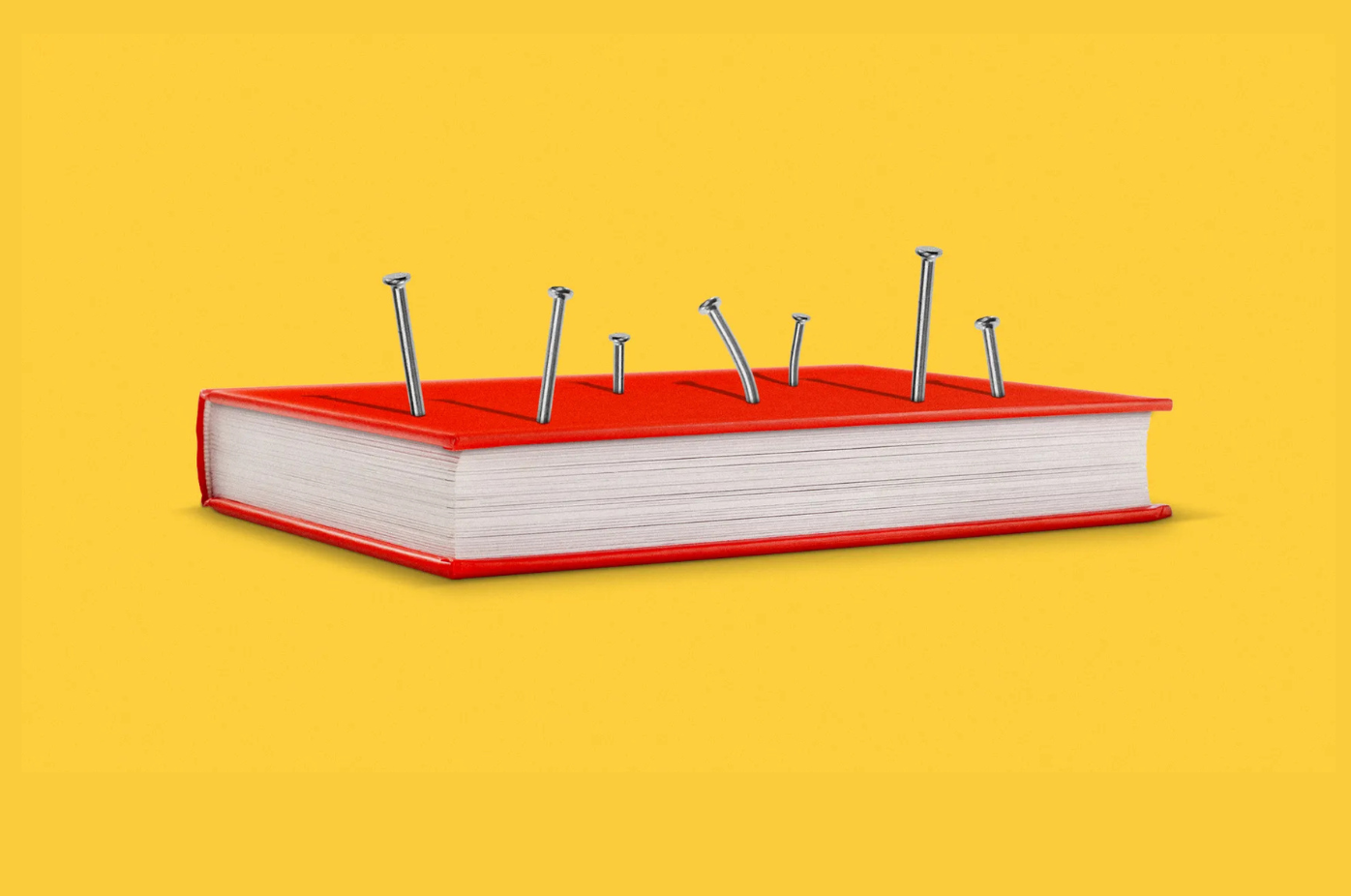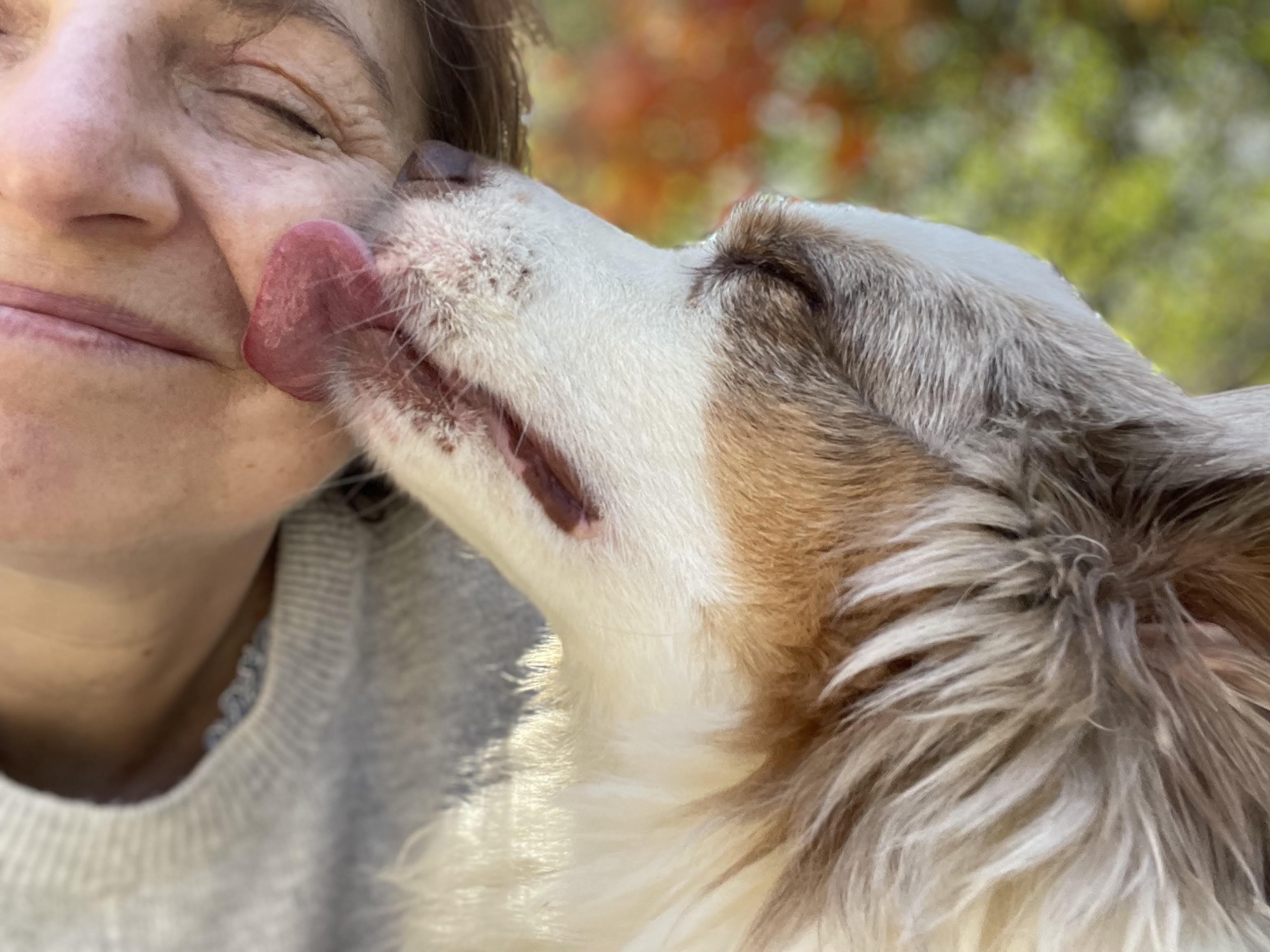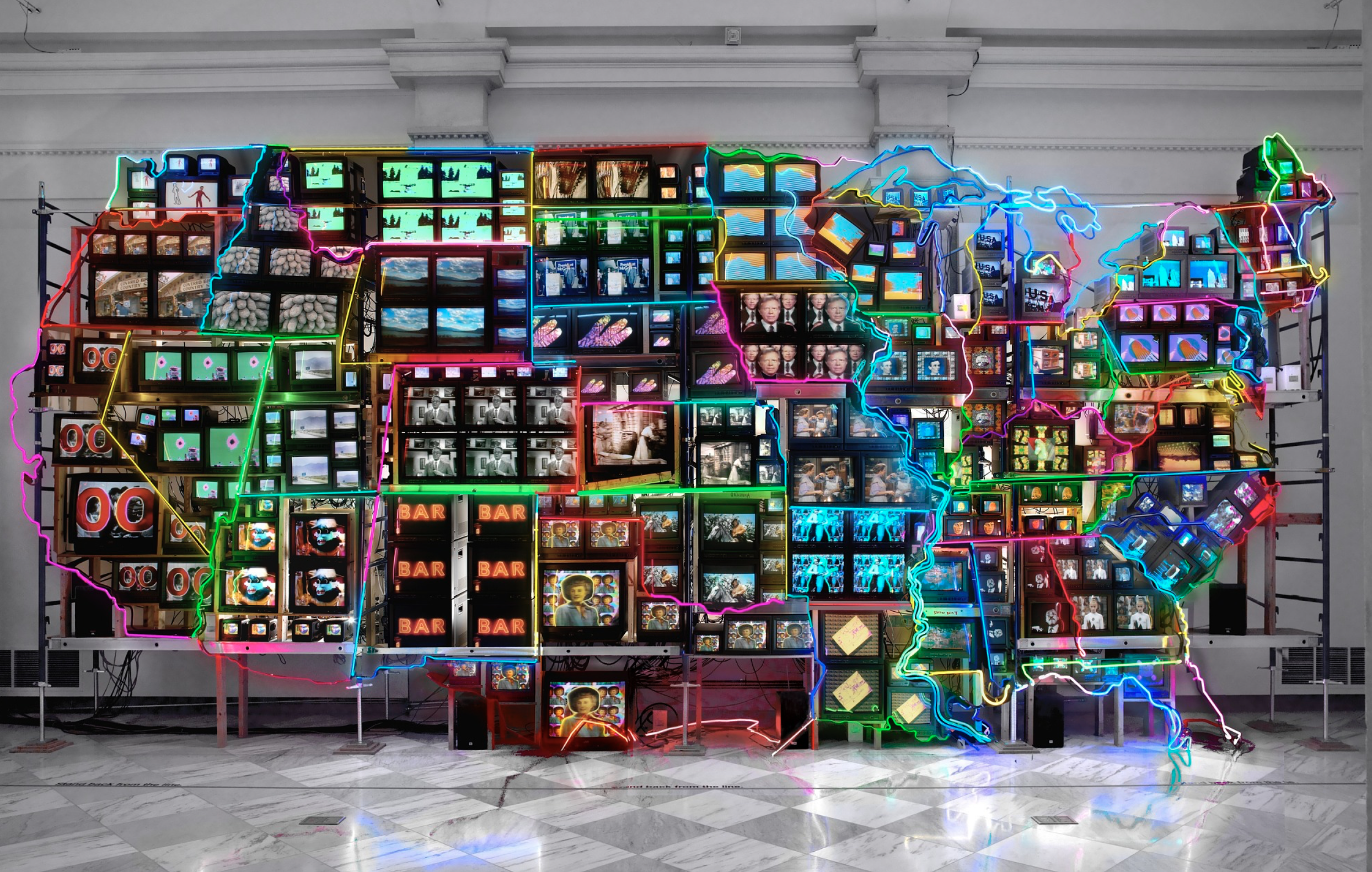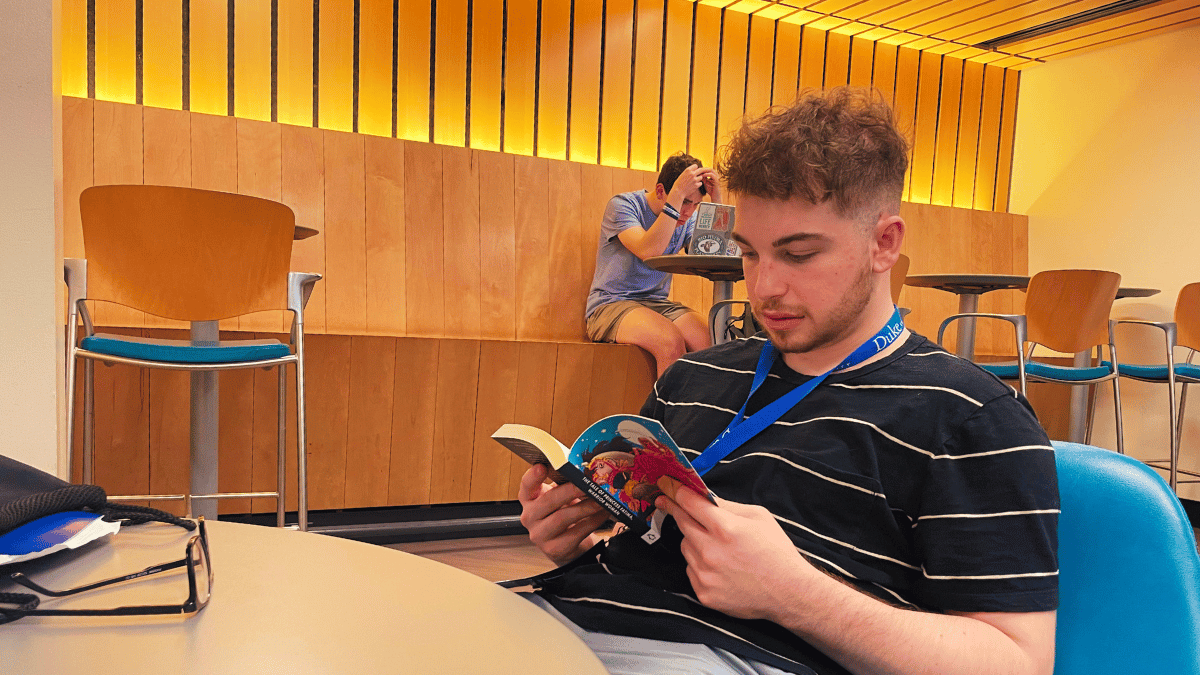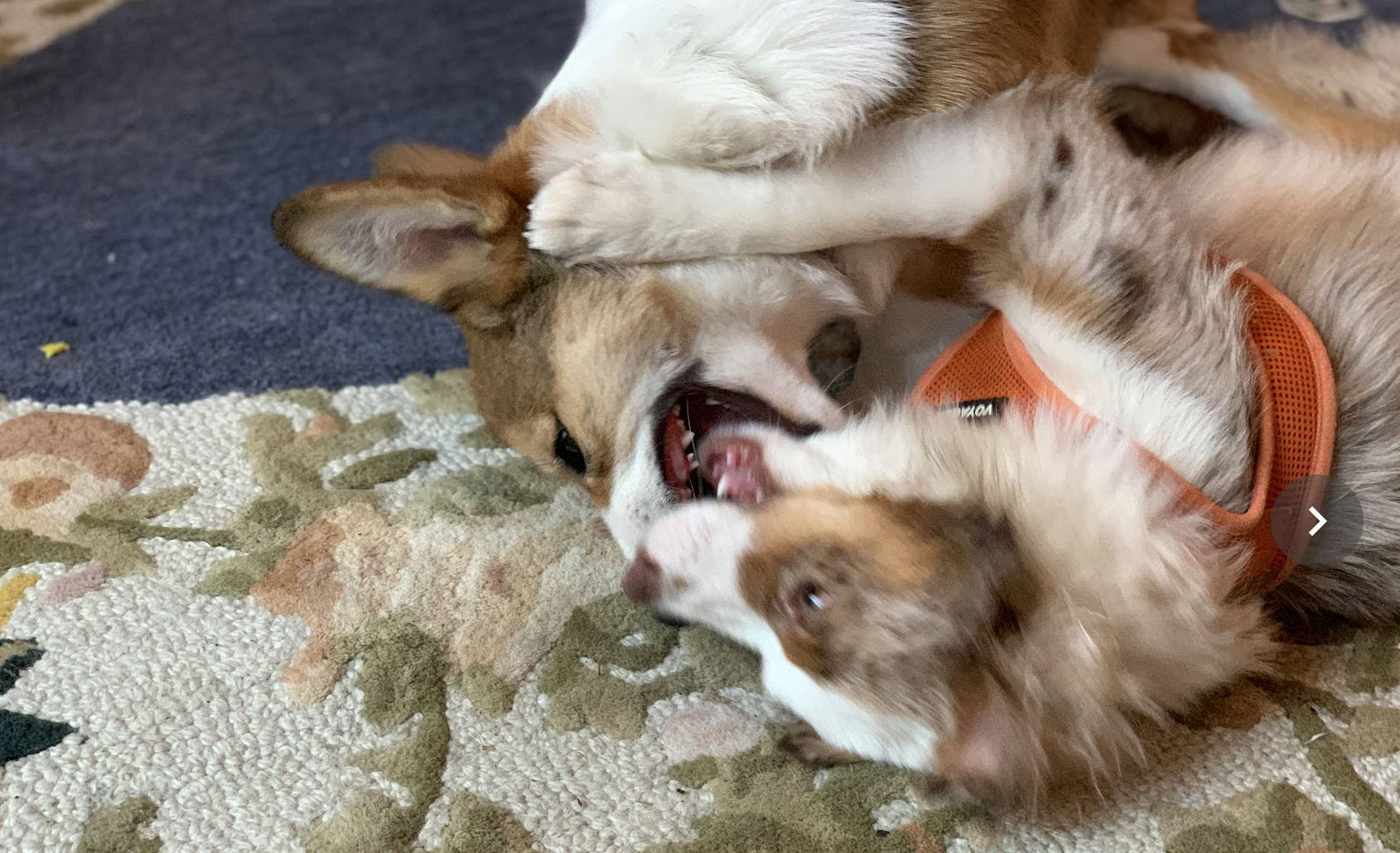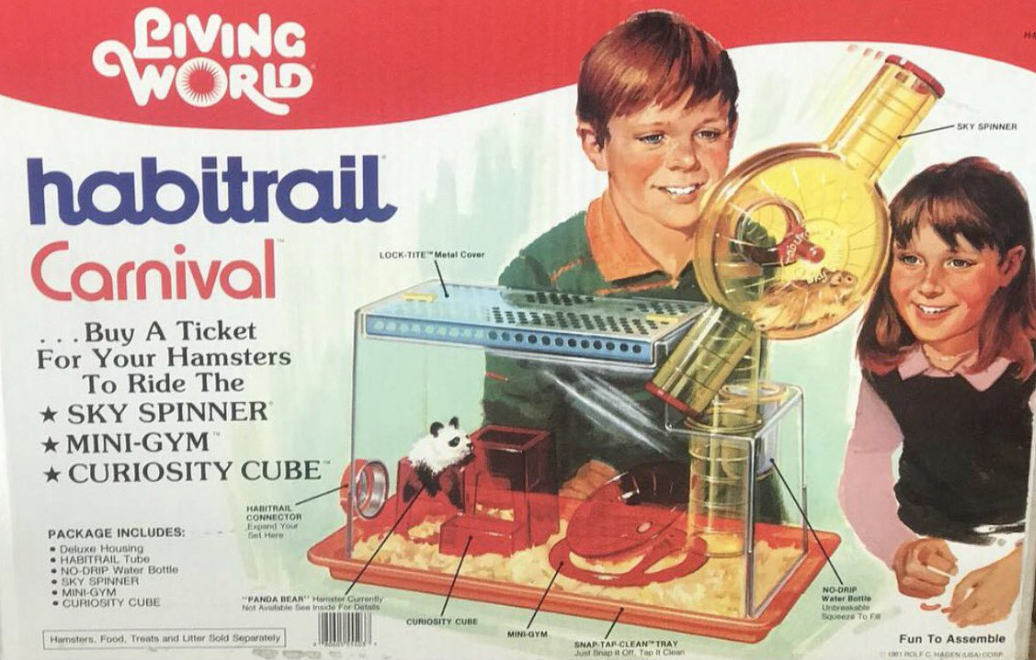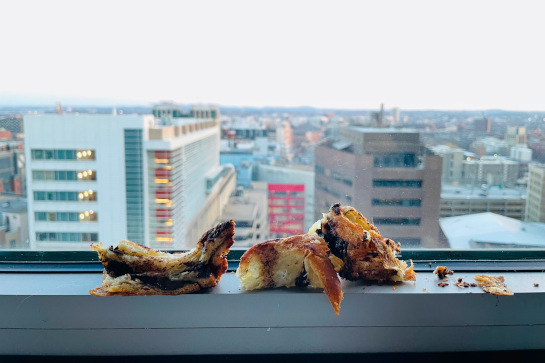Camouflaging is what women do to make sure no one thinks we’re weird. This means we end up camouflaging at work and being too exhausted to do it at home. But home is where we really need it, because the effect of camouflaging is to be more agreeable t0 other people. And the workplace doesn’t reward agreeableness.
We intuitively camouflage when dating; don’t do a bait-and-switch.
Once the kids were gone, I found myself choosing bras more carefully. I only have one real bra. The rest are running bras that squoosh. But I started wearing my real bra when Nino came over for dinner. We had not spent a whole dinner alone in 20 years. I wanted to look like someone he might like, so I put on makeup, but not enough for him to be able to tell that I put on makeup just for him.
It took about four dinners before it felt like before we had kids, when everything was fun if we did it together. When he met me I never wore bras – only bathing suit tops. So I quit the bra. And the makeup. Read more


